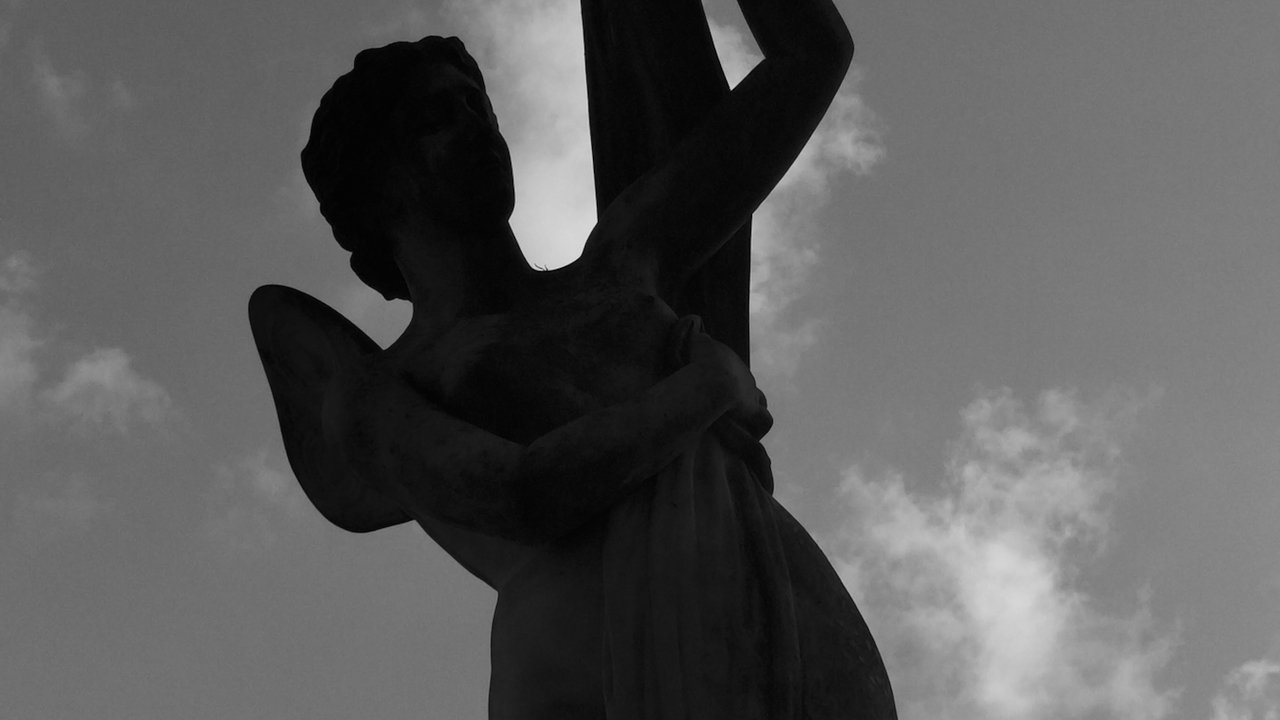How to Trigger Creativity
Creativity demands two steps
Teatro Massimo, Palermo 2018
Triggering creativity, if I may be a tad grandiose, demands two steps. Although the word creativity is known and used, the concept itself is, at best, held by an elusive grasp. That makes even touching this subject a challenge, and almost certain to fail. We can talk about having creativity and nod along; we can talk about losing creativity and comprehend what’s intended; to talk, however, about what exactly it requires—that spark, that breathless inhale—is where the trouble begins.
Last night, while flipping through a collection of Leonard Bernstein letters, I stumbled upon one written to Lukas Foss, full of anguish and ennui and preoccupied with a loss of that mysterious substance called creativity. Bernstein is in Italy, the year is 1967, and he’s 49 years into a 72 year life—though, of course, only we know that last fact.
…I can’t rush anywhere: the dolce far niente has taken over. I do nothing. No note written, no score studied, no idea thought out.
If you happen to feel unproductive today, perhaps you’ll take solace in sharing that sentiment with Bernstein. Even one of the most important American musicians of the 20th Century felt an occasional diminishing of his spark.
I am tortured by the passing of time, to the point where I can hardly enjoy the passing of these beautiful days. Each day is a horror because it leads me one day closer to the end of summer; & the guilt of not working is intolerable. But my brain & creative innards are dormant, or dead. Why? I shriek inside. For what, for whom? Shall I leave music & enter politics?
If an absence of creativity provokes an interest in politics, we know we’re dealing with a brutal disease. What’s notable is that Bernstein’s failings during these summer days prompt a sense of guilt: he’s missing a crucial ingredient to success, and the pain of its absence is visceral.
The words come from a man who had already worked separately as a conductor, composer, and musician, impressive in each role, aware of what creativity requires. If you look closely at his life and output—the concert schedules, lectures, his original compositions—you’ll spot the rather banal discipline of sitting at the desk. He understood that the first step to sustained creative success involves focused, laborious work. And remember that he selected the word guilt to describe his state. His words don’t express a mere sense of failure; it’s a much worse sense of inaction. One reasonable definition of guilt, in fact, is the sensation of not doing what you know you should do.
Yet it’s also curious to note that Bernstein wrote the letter during a summer in Italy, a spot sure to distract and entice a man more accustomed to New York. Now time away from the desk may appear a disjointed, even contradictory aspect to creativity, but this second step is complementary to the first—similar to how a firm mallet works best with a soft handle. Is it really that mysterious that new thoughts emerge in the shower? Or during a walk? Once you stop concentrating?
There’s no real contradiction in these two steps. First comes focused and vigorous work. All the sweat required to sit each day at the desk, a strain to your eyes, dried ink on your fingers. Then comes the important stride away from that desk. A time of idleness and introspection and distraction. And there’s a discipline in the daily repetition of both elements—how they interact, what they spark, might even be called a harmony.
We can speculate that Bernstein’s guilt comes from an awareness that step two only works after step one. He was circumventing the process: taking time away from a desk he wasn’t yet using. Simply resting and dawdling around the Italian countryside wouldn’t have, we can presume, stirred what he called an “intolerable” feeling. Instead, what created that intolerable sensation was a sense of unearned rest. His days of rest were no help to creativity. His days of rest came long before step one had even begun. He couldn’t enjoy the beautiful passage of time because his sheets were still blank. Just like in a musical composition, the balance is vital: you relish the slower sections best when they’re contrasted with the speed of the crescendo.




